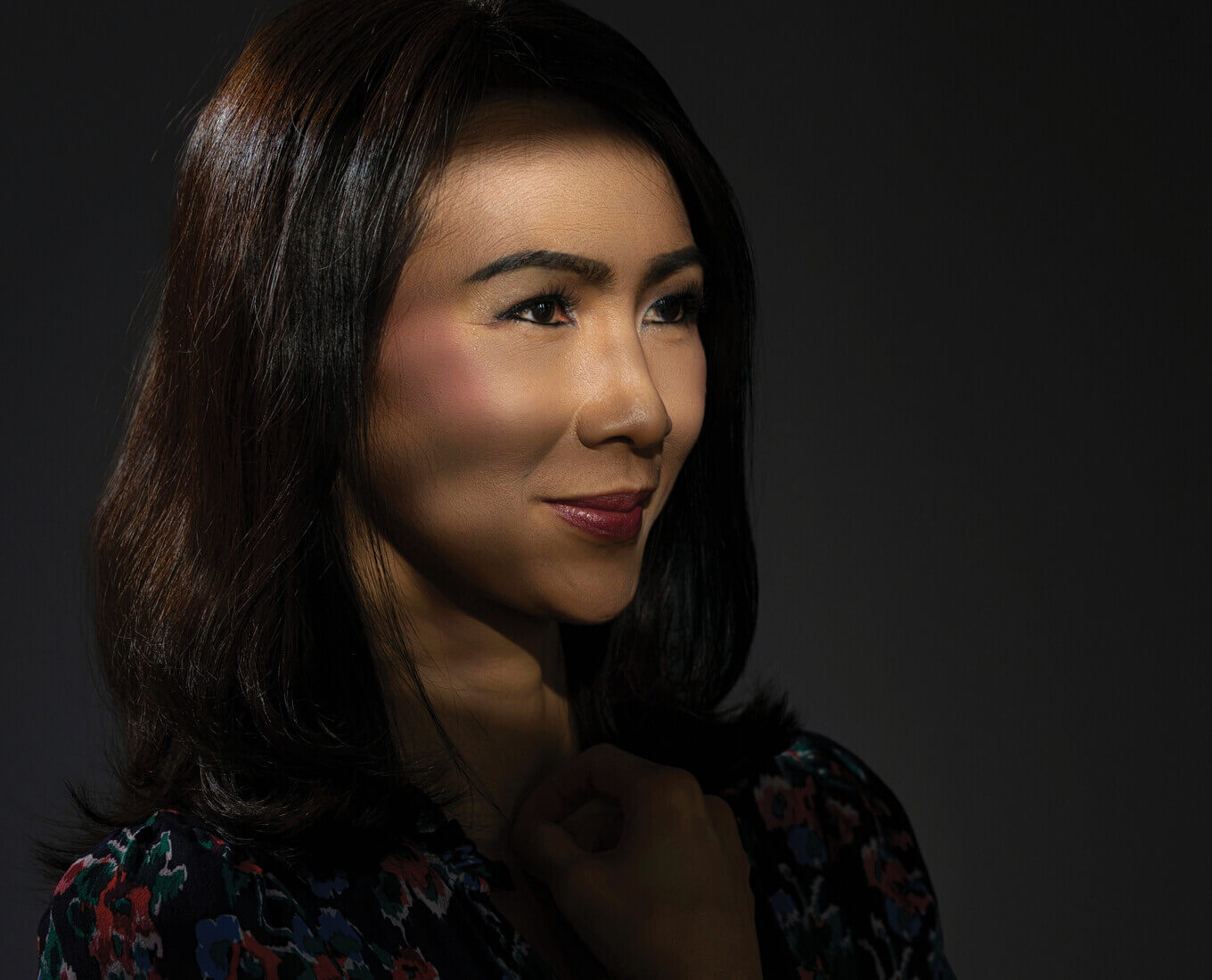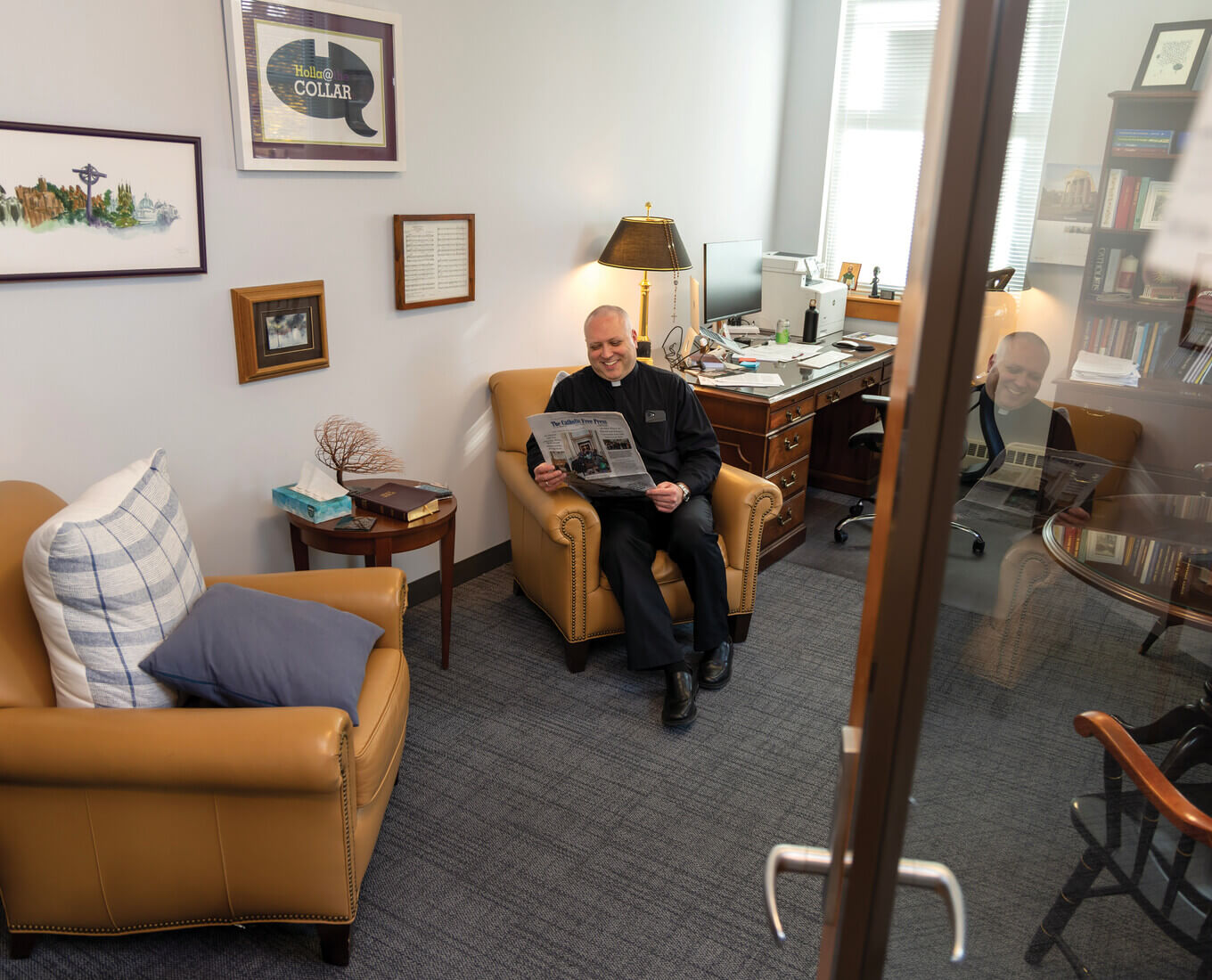
“I thought I was interested in environmental policy, but I had a policy-based internship position with PSI over the summer and I thought, why spend another semester sitting behind a desk without getting any hands-on scientific experience?” she says.
During the fall of her junior year, Bolthrunis, who is a double major in economics and Environmental Studies, which is self-designed, searched for a semester-long Study Abroad program that suited her scientific inquisitiveness. She found herself drawn to the opportunities offered through the Organization for Tropical Studies. She chose the African Ecology and Conservation program in South Africa and became the first student in Holy Cross history to go to South Africa through OTS.
The program, which is based in Kruger National Park, South Africa’s largest game reserve, aims to expose students to the rich cultural and ecological diversity of South Africa by immersing them in hands-on scientific research. Though the program boasted trips across the savanna to sites in Cape Town and the Nyley Reserve, it was the program’s scientific emphasis that attracted Bolthrunis.
“The program interested me because it consisted of research that was science-based rather than economics-based, and that was the kind of experience I was looking for,” she says.
Bolthrunis’ curriculum consisted of four courses, two of which were entirely field-based in the national parks of South Africa where she and the other abroad students also lived. During her field-based courses, Bolthrunis participated in countless biodiversity surveys, collecting data that was reported to park officials for their use.
She also had a chance to organize and conduct her own independent field experiments, one of which involved surveying archaeological sites, which the government has no funding to study, and determining how vegetation differed from that of nearby unsettled lands. She also surveyed the tourists of Kruger National Park in order to place a monetary value on ecosystem services. She asked people how much they valued objects in nature against objects with a fixed price.
“I really liked this project because it combined my two majors. It was fascinating to see how much people valued things compared to others,” she says.
The biological studies were only part of Bolthrunis’ abroad experience. She also spent time with women in rural South African villages, explored the Cape, climbed Table Mountain, and went on countless game drives through the Kruger Park. Her experience with nature throughout has motivated her to push herself even harder in the student-led Eco-Action group once she returned to Mount St. James.
Currently, Bolthrunis serves as the senior advisor for Eco-Action and is organizing a panel to discuss issues in coal on March 25. She also serves as a student representative on the Presidential Task Force on the Environment, an organization that is devising a strategy to reduce Holy Cross’ carbon emissions.
Additionally, Bolthrunis’ time in South Africa not only satisfied her scientific craving, but it also helped clarify her career aspirations.
“I hope to do policy work that merges the quantitative valuation and analysis of economics with the deep feeling of responsibility for preserving our environment that I have found in my trip abroad,” she says.
“What nature can do and what it presents to us, not just in terms of beauty but also in terms of functionality, is amazing. It confirms for me the reason why it’s important to value these things, and I feel sorry for people who don’t see that nature is worth preserving.”
By Anthony Curotto ’09
Related Information:

